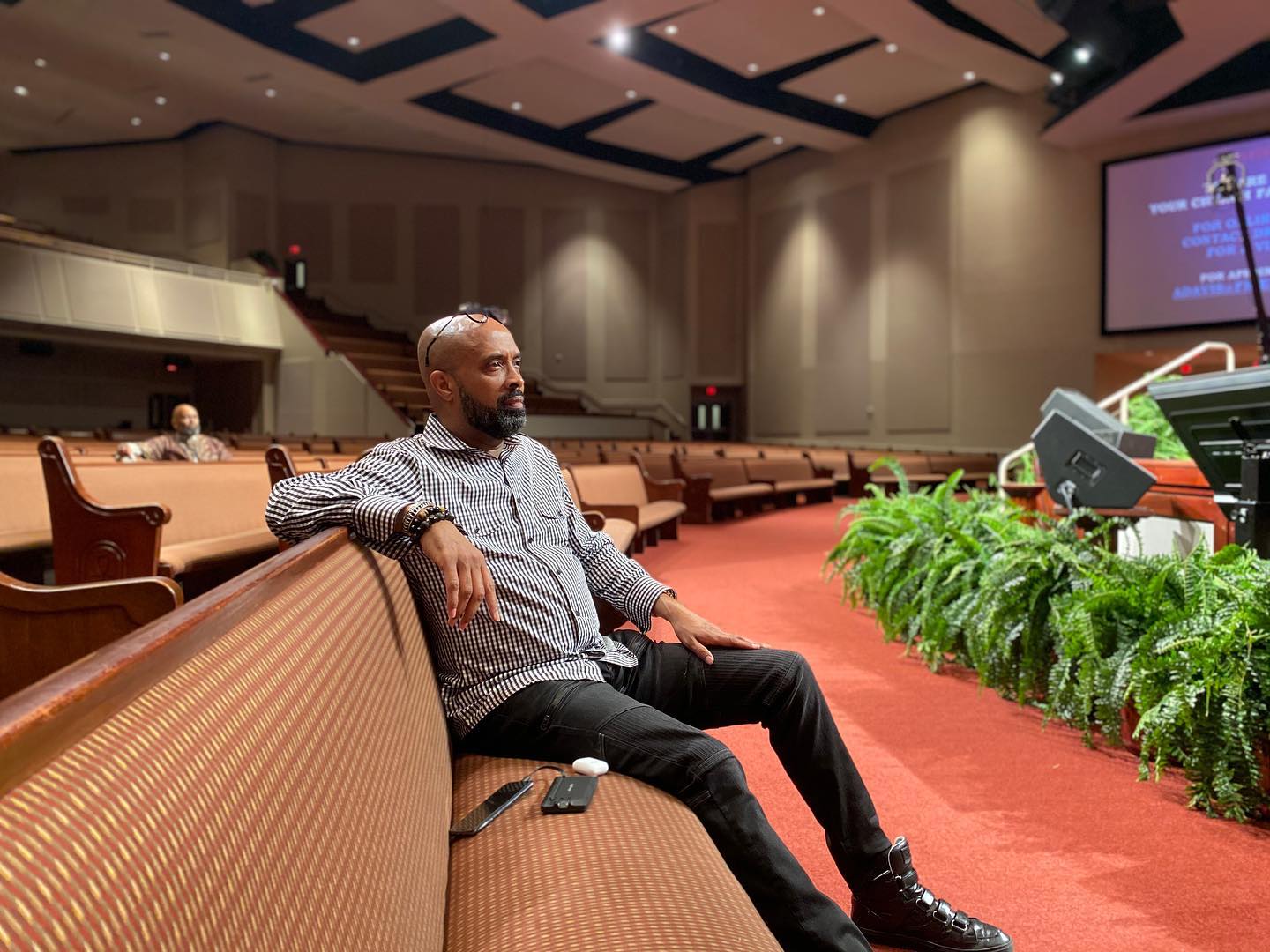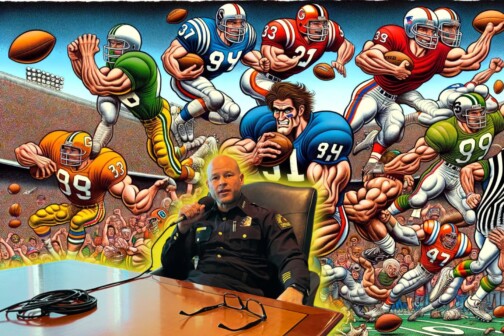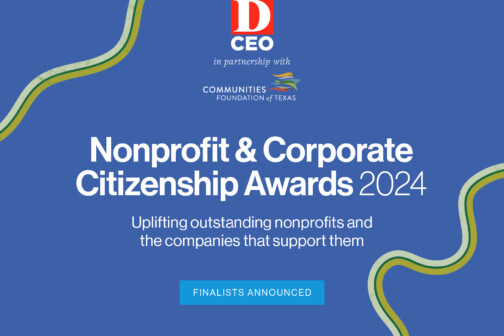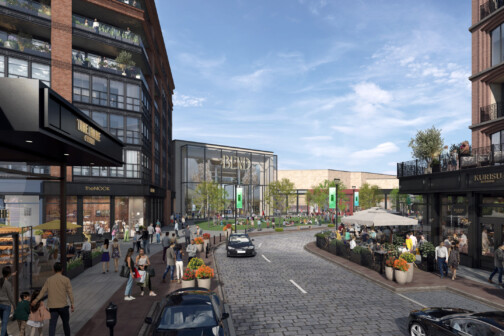This afternoon, I spoke with Dr. Frederick Douglass Haynes III, the longtime pastor at Friendship-West Baptist Church as part of the interviews I have been conducting with local faith leaders. Our full conversation will appear here soon. But for now, I wanted to post one part of it. Earlier today, Dr. Haynes participated in a livestream with other black pastors from around the country to “demand federal action at every level of government in response to the disproportionate impact the pandemic has had on African Americans, people of color, poor and marginalized persons, as a result of legacy systems of racism and criminalization of poverty,” as the organizer, Repairers of the Breach, put it. I asked Dr. Haynes III what he thought about the response in Dallas had been to how the pandemic is affecting his community. Here is what he told me.
“I think in theory, there’s an awareness. I think in practice, that is not the case. I say that because I don’t doubt the heart of Clay Jenkins. I think he has put in place what he knows to do in the context of a crisis that is uncharted territory. At the same time I think there is an ignorance that most people have about the reality of poverty in certain pockets of Dallas-Fort Worth, and especially in the city of Dallas. And so even though you may have a testing, you know, center in Oak Cliff, at the same time, there’s insufficient transportation means to get to that testing center. And, you know, worse than that our options for going to hospitals are worse.
“I had a member of our church share with me her own frustration because she had all the symptoms, but she was told not to come in to the ER by her own doctor because she said she did not want, in case she did not have the virus, she did not want to subject her to that kind of environment. She knew it was overrunning with people and told her just to call her back every two days to see how she was doing, as well told her, OK, so why don’t you go to the store to get this over-the-counter medicine. I’ll prescribe this for you. And again, has not seen my member, but is prescribing her these antibiotics, hoping that that will help. And she literally went three weeks with symptoms before, finally, she was directed to a testing center, where she could find out that she tested negative. But again, that’s three weeks of anxiety. That’s three weeks of not knowing. That’s three weeks of her mind playing tricks on her and convincing her that she had the virus, and it’s three weeks where she also could not go to work and, therefore, she could not get paid.
“And so all of that reflects how complicated impoverishment is, how complicated it is to live on a certain side of town that does not have access to sufficient healthcare. And then, you know, one of the things that I’ve been told repeatedly is OK, we’re being told to eat certain foods and all of that, but we don’t have access to the best grocery stores on our side of town. So in theory, I think the city leadership is aware, but when it comes to practically channeling services that compensate for what we lack, the sad reality is nothing has really changed.”






